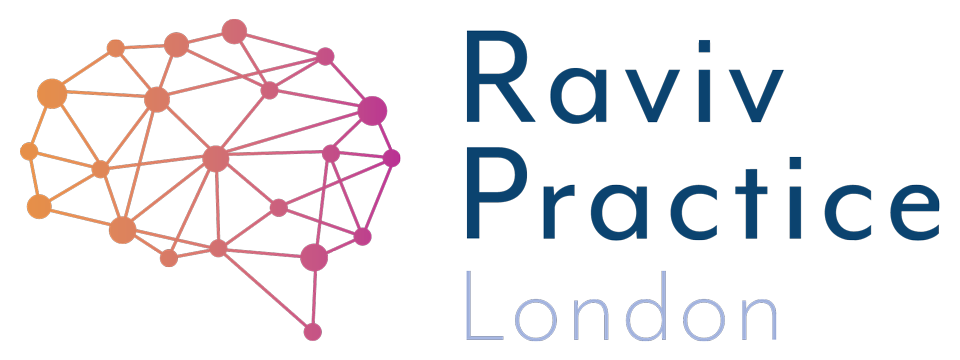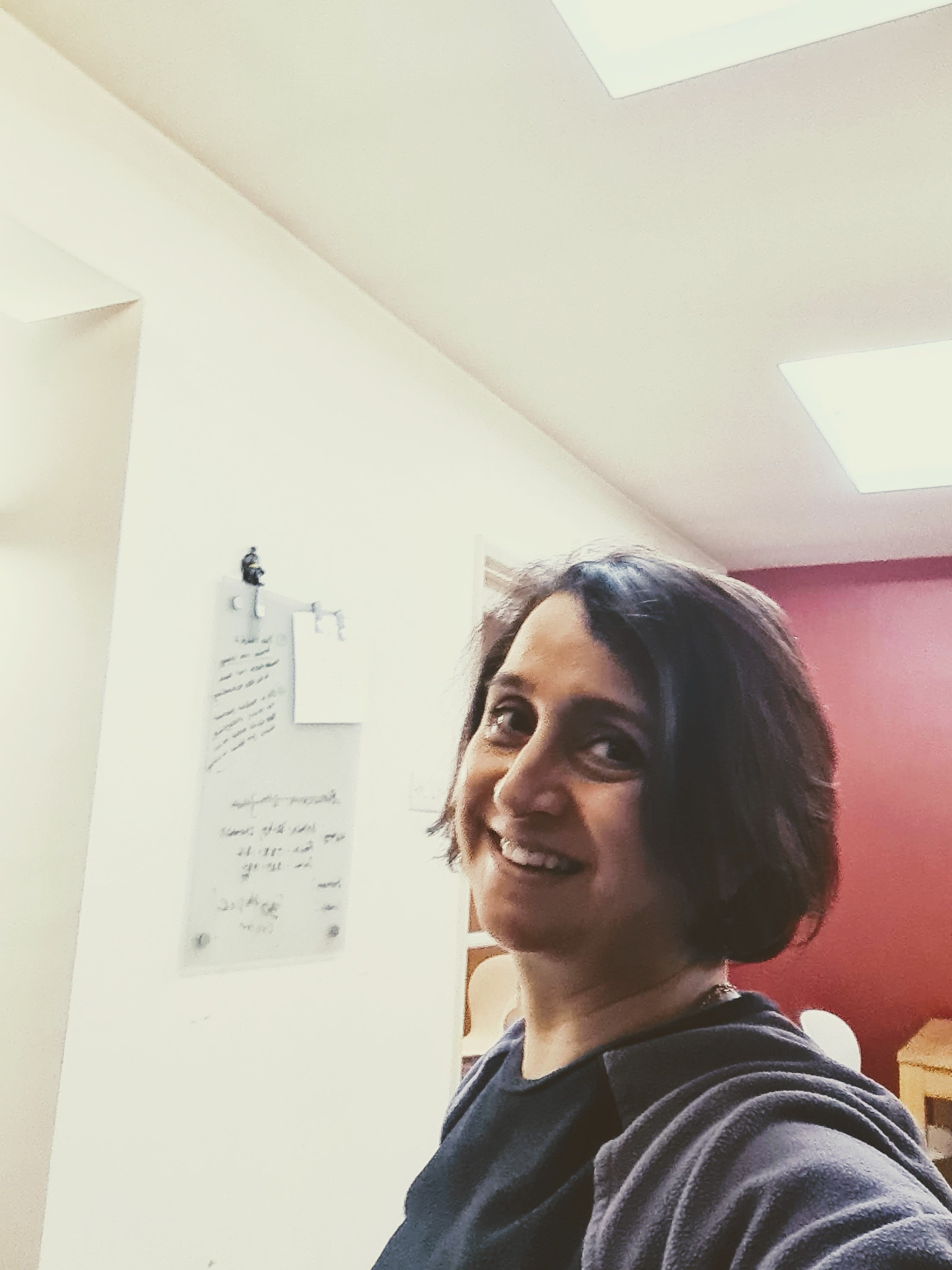Does your child struggle with High-Frequency Spellings?
Many students with dyspraxia, dyslexia, or ADHD struggle to remember spellings, and they find high-frequency spellings the most challenging. A week after the spelling test, retention slides. Parents complain they are utterly confused with the variations of how a word can be spelt despite it being correct in the test.
Many students with dyspraxia, dyslexia, or ADHD struggle to remember spellings.
With all our technological advancements, like spell checkers, we can now get around the problem of poor spelling. Some may say being able to spell well is not necessary. Hands-up if you are a parent who has been working with your child for over three terms on the same spellings? In fact, some children may spend years working on the same words. I can well understand if you let it go, admit defeat.
I believe that being neurodiverse in a world where artificial intelligence is taking over, is possibly a distinct advantage. Thinking ‘differently’ will be a desired commodity in the future, just mark my words. Your child will be in high demand in the future workplace. However, we cannot close our doors on accurate spelling completely.
Hands-up if you are a parent who has been working with your child for over three terms on the same spellings?
The world of secondary school and beyond.
As a Learning Differences therapist, I believe the importance of accurate spelling is still paramount. Poor spelling can slow down the writing process and if a person cannot automatically recall a spelling when writing, it slows and interrupts the flow of thought. When the child enters secondary school, they need to take notes in class. This requires, listening, thinking and writing and children need to able to spell with ease. I focus on ensuring that they get the support they need to get over any spelling hurdles.
Help at home
In one-to-one therapy, I tackle spellings directly, but not all parents reading this blog will get the opportunity to work with me so I wanted to offer some advice on strategies I have used with success that can also be done at home.
A Book that helps with Spellings
“Stareway to Spelling,” by mother and son duo Keda and Kelsey Cowling is a must for any parent struggling to teach their child spellings. (Keda publications produce many literacy resources aimed at parents and come highly recommended for reading and comprehension)
Stareway to Spelling helps parents teach their children 300 high-frequency words in increments of 50, such as:
what
where
when
why
this
those
through
thought
thorough
would
The student starts with dictations to test their spelling accuracy. If there are spelling mistakes within the dictations, they are noted. The spelling errors are then learnt systematically using reading techniques, namely staring at the word and focusing on the letter configuration for prolonged periods to help visually memorise the word.
Poor visual recall.
Staring at a word and reading it over and over helps visual recall. It is no different from those students who read avidly. They stare at words over and over as they read, and the images of spellings become imprinted in their visual memory. Stareway to Spelling is a great start when tackling spellings as it gets to the heart of the problem and starts working on imprinting the spelling. After around nine repetitions, the dictations are repeated, and the child is usually on the way to success.
The boost to improve visual recall.
However, Stare Way to Spelling is not the only tool and works better when paired with another home-based resource: Cogmed Working Memory Training. Together they can make poor spellings a thing of the past. Cogmed Working Memory Training is a specialist software; all you need is a computer and internet to start and the intervention takes from five to ten weeks to complete.
How Cogmed Working Memory Training helps.
Working Memory is an active component of the brain that operates while doing tasks. So, when we: read or talk and comprehend or when we do mental arithmetic, we activate our working memory. As we spell, we use our working memory to decode the sounds and the visual symbols in sequence.
Working out the visual sequence of spelling is important for high-frequency tricky spellings because they are not phonetically transparent. The visual organisation within our working memory is the visuospatial sketchpad. It is responsible for handling visual and spatial information. Spelling is a good example. By strengthening it, our visuospatial sketchpad allows us to handle visual information with more ease. Being able to store and manipulate images or symbols in our mind helps; spelling recall, spelling practise or when reading a book, it helps the reader imprint a visual representation of the spellings more fluently. The visuospatial sketchpad also allows us to recreate something we’ve seen in the past or present holding that image for longer. And it helps us recall tricky words that we cannot sound out.
Cogmed Working Memory Training presents visual, spatial and auditory sequences of increasing complexity. The algorithms used in Cogmed are very unlike games you can normally access on the internet. The student is marked in part for partially correct answers and is part of the evaluation process. Stressing the brain's working memory incrementally is the key to successfully improving all aspects of the working memory, including the visuospatial sketchpad.
If you are a parent on a mission to help your child's spelling, please follow me by using these amazing tools together. You can purchase Stareway to Spelling here. I have been using Cogmed Working Memory Training since 2008 when an Educational (Clinical) Psychologist friend showed me the evidence of its efficacy and told me it was a must-have tool for my students. Since that time, we have worked with children and adults alike and would welcome anyone wishing to improve their spellings to enrol and see the success for themselves.
Dyslexia? Dyspraxia? ADHD? ASD? Speech & Language? Developmental Delay? Anxiety?
Is every school day a struggle? As a parent, you may feel exhausted and on this journey alone. Each year you see the gap getting wider. You need to do something - change the approach, help your child learn for themselves, find a way to turn this around - to help while you can - do this NOW. the first step is free.
About the Author
Usha Patel is a Neurocognitive Therapist and Director at Raviv Practice London. Parents searching to help their suspected/neurodiverse child can get evidence-based solutions with results in as little as 8 weeks. Those in search of jargon-free help can get started straight away.



